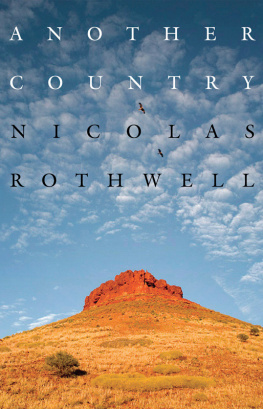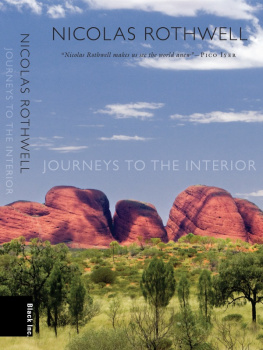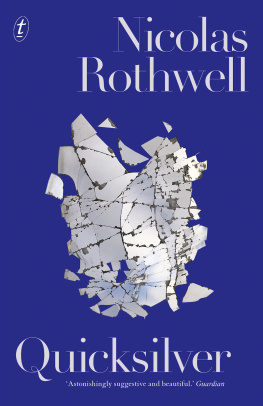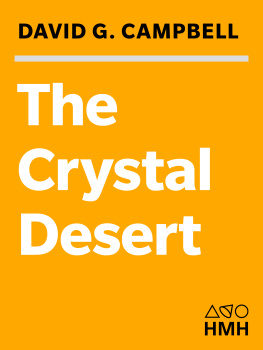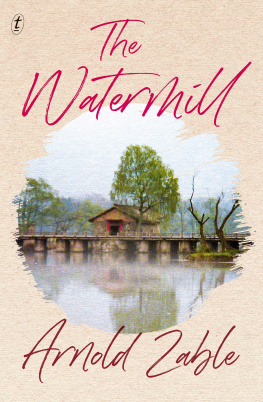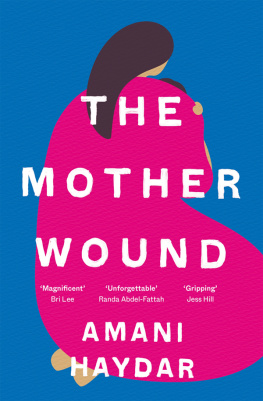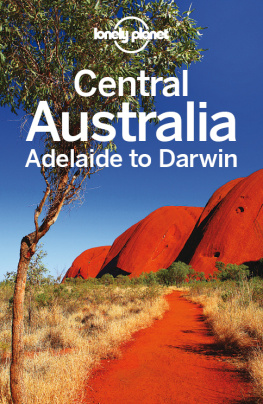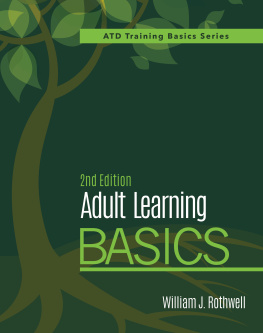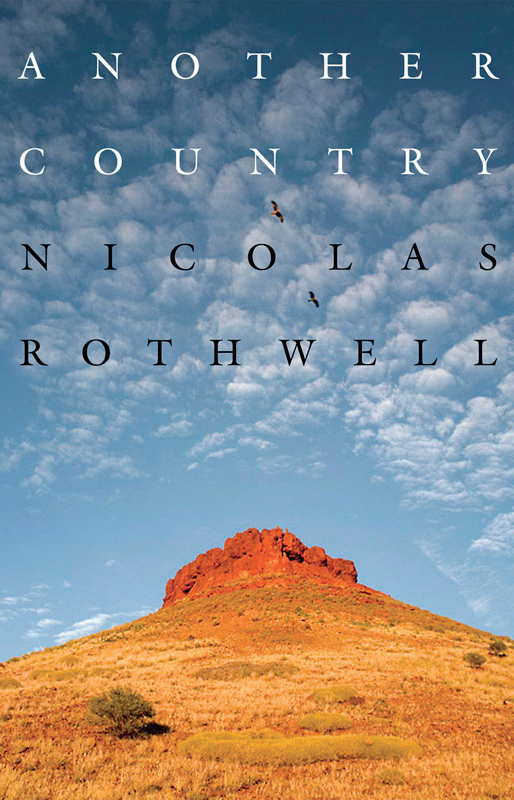
ANOTHER COUNTRY
PRAISE FOR Another Country
This book represents a substantial journalistic inquiry. It deserves to be read because it goes so far beyond the average Australians comprehension of their own country.
MARTIN FLANAGAN, The Age
Subtle, elegant and disciplined.
NICHOLAS JOSE, Australian Book Review
Rothwell is a stylist of talent His style seems peculiarly suited to the Territory, a place of grand hopes and failures, full of the sweet bite of nostalgia. His portraits of Aboriginal artists and elders have this same elegiac, haunting tone. He is acutely sensitive to the sadness in Aboriginal art
STEPHEN GRAY, The Sydney Morning Herald
Rothwell writes vividly about characters of the Outback and picks his way deftly through the maze of small-town politics to the big picture of 360-degree horizons.
TIM LLOYD, The Advertiser (Adelaide)
The astonishing thing about Another Country is not how often Rothwell is defeated by the difficulty of reconciling two radically different ways of seeing, it is how tantalisingly close he comes to pulling it off To these accounts, Rothwell brings all his considerable descriptive and analytic skills to bear.
GEORDIE WILLIAMSON, The Australian
Another Country
NICOLAS ROTHWELL


Published by Black Inc.,
an imprint of Schwartz Publishing Pty Ltd
Level 5, 289 Flinders Lane
Melbourne Victoria 3000 Australia
email: enquiries@blackincbooks.com
http://www.blackincbooks.com
Nicolas Rothwell 2007
First published February 2007
ALL RIGHTS RESERVED.
No part of this publication may be reproduced, stored in a retrieval system, or transmitted in any form by any means electronic, mech anical, photocopying, recording or otherwise without the prior consent of the publishers.
The National Library of Australia Cataloguing-in-Publication entry:
Rothwell, Nicolas.
Another country.
ISBN 9781863951272 (pbk.).
1. Rothwell, Nicholas - Travel - Australia, Northern. 2. Rothwell,
Nicholas - Travel - Australia, Central. 3. Art, Aboriginal Australian.
4. Aboriginal Australians - Social life and customs. 5. Australia,
Central - Description and travel. 6. Australia, Northern - Description
and travel. I. Title.
919.4204
Book design: Thomas Deverall
Printed in Australia by Griffin Press
CONTENTS
In memory of Arkie Whiteley

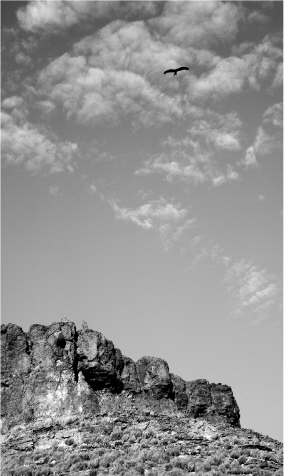
ONLY AFTER I HAD LIVED IN northern Australia for several years did I begin to recognise some of the well-buried forces of attraction that had brought me there; and once my mind started to run along these pathways, almost every day I spent in Darwin would reinforce in me the idea that all through our lives we are merely tracing out pathways of deep, subterranean influence, and our thoughts and emotions are little more than the expressions of confused, conflicting, ill-written equations from the past.
When I first decided to move to Darwin, a city I had always found irresistibly appealing, as much for its beauty as for its remoteness from the general run of life, this felt like a decision made in the sun of logic. The deserts and the northern tropics were best reached from Darwin: the city would serve me as a natural base; its charm, in my eyes, lay in its nearness to other things.
Gradually, though, as the seasons cycled round, and the different landscapes of the city became clearer to me, I would find myself struck by certain sights, or scents, or sounds. They would reach into me with a sudden shock, as if I was remembering them from long ago, and there would be a distinct state of mind associated with each of these brief epiphanies.
I remember one afternoon in the build-up season, when the humidity seems to press down on ones skin from the clouded sky: I was standing on the rock platform at the tip of East Point Reserve. I had walked out there in a vain search for breeze, for motion, for some breath in the stifled air. It was the still point of the tide; the waters of the harbour in front of me were lead- coloured, and calm as glass and then, as I watched, there was a sharp ripple. Close in front of me, almost close enough to touch, a dolphin broke the surface, its flanks gleaming, like an exclamation mark, a promise inside the heat and silence.
I recall that moment as if it were unfolding before me now; just as I can feel again, with absolute precision, the sense of poise and serenity that came to me one evening, at dusk, when I was driving from the city towards Nightcliff, between the tall stands of grass and the pandanus trees along Dick Ward Drive. The sun was plunging down towards the horizon, casting a forest of shadows across the oncoming procession of cars, while on the far side of the airport, behind the radar dome, shimmering, blood-red through burn-off smoke, the great disc of the full moon began to rise.
And I can also picture myself, exactly as I was, in the darkness of a hot night one mid-December, waking in fear, and joy, when at last the storm-clouds above the city broke, just as they break each year: the thunder peals, the air shudders like the skin of a wounded animal, the sound reverberates and rolls away.
Very soon after I began my northern life I realised that there were certain areas of Darwin that spoke to me with a special immediacy. I spent many weeks exploring the old wharves and boat-sheds, and the mangrove shorelines where derelict foundations from wartime storage dumps or defence posts were rotting away. Much of the town centre was fringed, then, by semi-industrial wastelands: one could still wander through wildernesses full of concrete blocks, straggling vines strewn over fences of half-rusted wire, and twisted sheets of ancient corrugated iron.
Most of all, though, I found myself drawn to the gun emplacements at East Point, which possess a kind of melancholy grandeur. They stand, almost like abstract sculptures, facing out to sea, devoid of their original weaponry, which was, in fact, not installed in time to help defend Darwin when the city was bombed by the Japanese in 1942. Tall trees and enclaves of tropical rainforest surround one of the turrets, shrouding it in a vegetal light, where almost any chain of events seems possible and it was here, one afternoon, that my thoughts turned to memories of my childhood, when my father, who died long ago, used to tell me the most fragmentary of stories about his days as a young man in Darwin.
He was sent north as a war correspondent in the dying days of World War II, and he flew in many of the long-range bombing raids mounted from the airstrips that line the Stuart Highway. On those missions, some of which lasted for as long as twenty-four hours, he would absorb and note down every impression that came to him, every snatch of conversation the bomber crews exchanged. I have read through his meticulous accounts of these experiences, which were published in the Melbourne Age newspaper: to contemporary readers, they must have seemed little jewels of tranquility and balance, and it would be far beyond me to write of war and danger in such cool and neutral fashion today.
Next page
